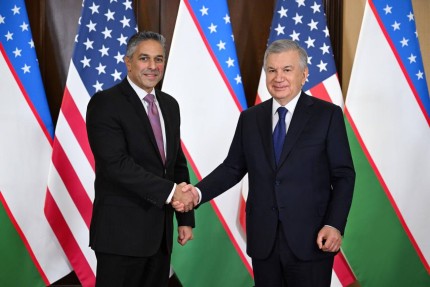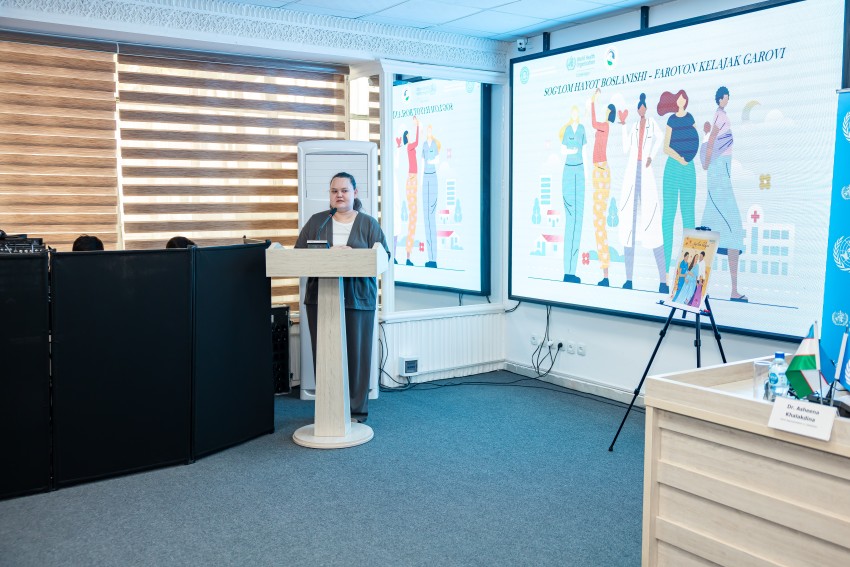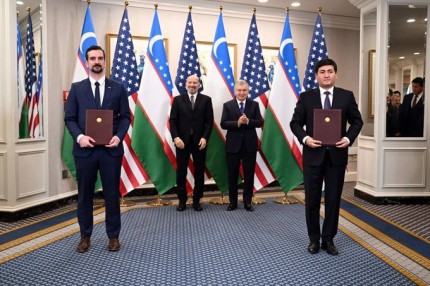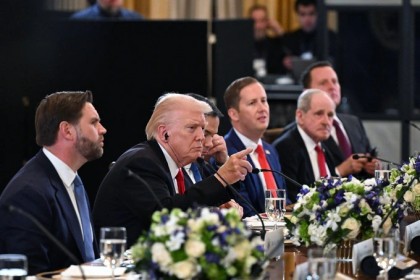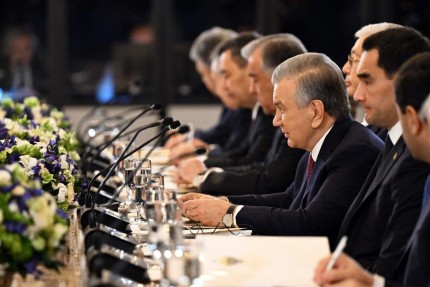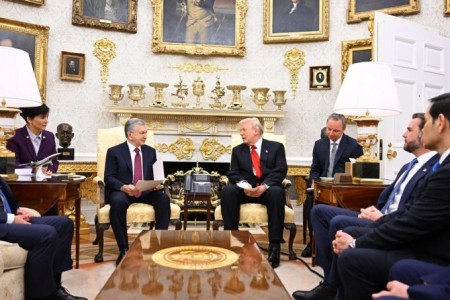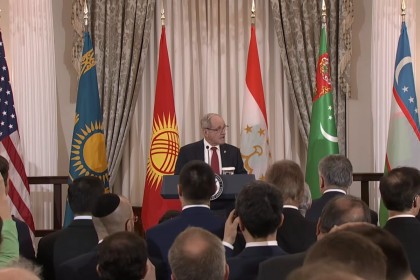On April 12, the Ministry of Economy and Finance held a panel discussion on the implementation of the president’s March 4 decree on priority measures to implement reforms in 10 main areas for 2024. The meeting was attended by president’s adviser Ravshan Gulyamov, Deputy PM/Minister of Economy and Finance Jamshid Kuchkarov, heads of ministries and departments, as well as representatives of international financial organizations.
He mentioned the following 10 priority reforms due this year:
- Achieving macroeconomic stability, raising the efficiency of fiscal policies and improving the public procurement system;
- Ensuring the country's energy security;
- Reforms in agriculture and water management, radically improving the food supply to households;
- Reforming the telecommunications sector;
- Development of transport infrastructure;
- Acceleration of urbanization and housing construction processes;
- Improving the business and investment environment, boosting exports;
- Reforming and privatization of state-owned enterprises;
- Boosting domestic and foreign tourism;
- Development of green economy and innovation activities.
Deputy PM Jamshid Kuchkarov said that the decree stipulates drafting and adoption of a number of laws.
“During the discussion of this resolution, our esteemed president said: “It is not about decrees. What investors care primarily are laws. So the focus is on drafting laws. For example, if we talk about the Electric Power Industry Law, it was adopted in 2009. We have been instructed to develop a new version law,” he said.
In addition, it is planned to develop a draft Regulation of the competitive energy market Bill, to amend the Licensing, permitting and notification procedures law, a new Land Code and others.
He told the International Monetary Fund and other international partners present that the authorities intended to launch the battle against the shadow economy. It is planned to develop a Strategy for reducing the shadow economy until 2030, which provides for the introduction of new approaches in this area, improving government regulation, boosting business and public confidence through simplification and digitalization of tax and customs administration.
“Tomorrow, of course, journalists, economists and other people may have questions: “What the heck is this?” Is this a reverse movement or a transition to punishment mechanisms? “No, nothing like that. In a word, we now, slowly and with caution, want to call to order businesses who breach rules and laws. Nothing more. Our president, during the visit to the Namangan province, said: “Our only priority aim is that businesses create jobs and increase incomes of the population.” Supporting businesses is one of the priority and main pillars and principles in the policy course of our respected president,” said Jamshid Kuchkarov.

